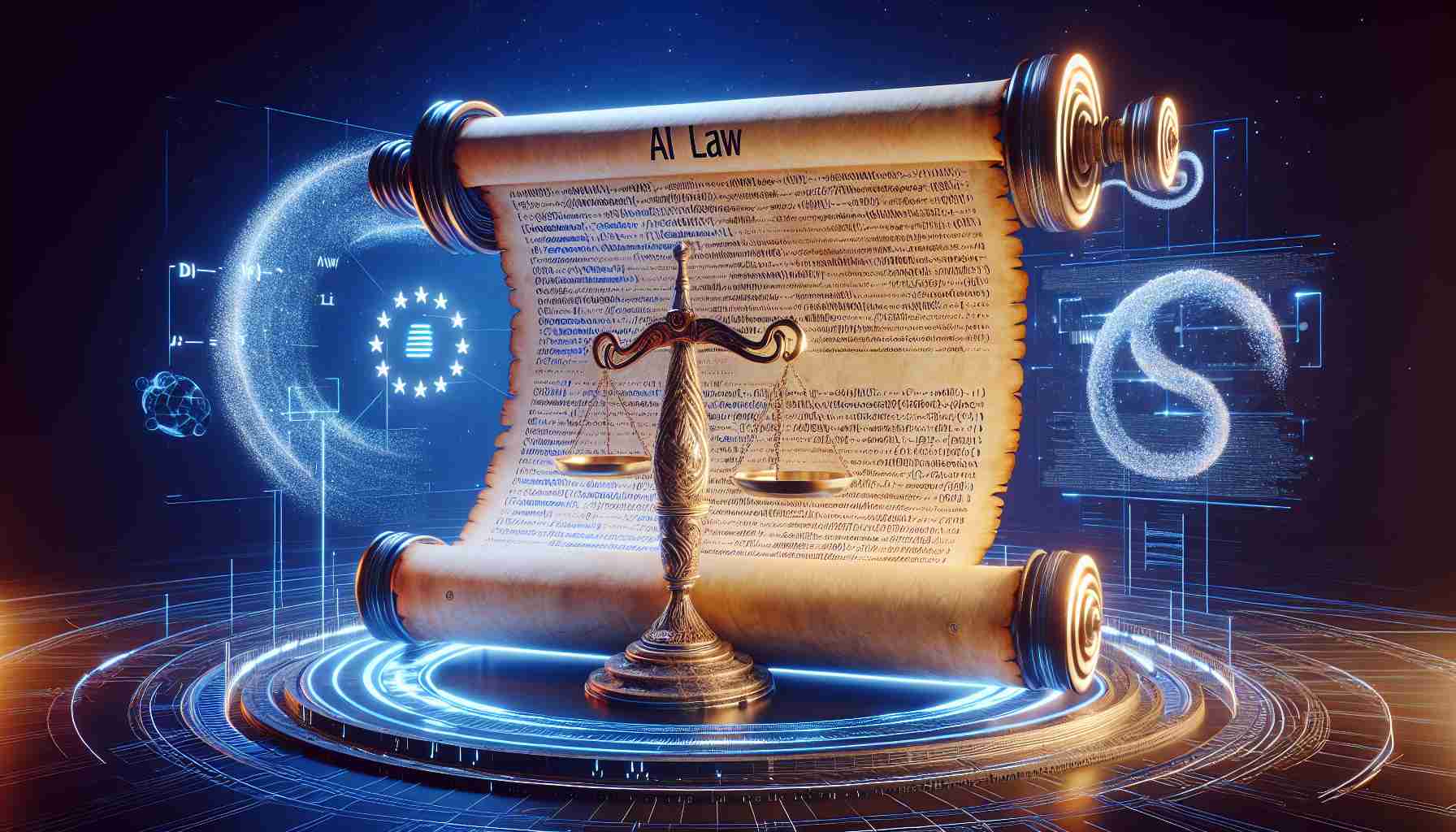The European Union has taken a formidable step towards regulating the use of artificial intelligence (AI) within its jurisdiction. New legislation requires AI systems in sensitive domains, such as law enforcement and employment, to demonstrate transparency, accuracy, cybersecurity standards, and the quality of data used for training. This regulation targets AI applications with high-risk potential that could impact health, safety, fundamental rights, the environment, democracy, elections, and the rule of law.
AI systems in high-risk situations, under the new law, must undergo certification by designated agencies before entering the EU market. Moreover, the legislation completely prohibits social credit scoring and biometric classification systems based on individuals’ religious beliefs, worldviews, sexual orientation, or race. In the realm of security, while real-time facial recognition via security cameras generally faces a ban, exceptions are granted for law enforcement use in cases such as searching for missing persons, preventing human trafficking, or pursuing suspects in severe criminal matters.
For AI deemed to pose lesser risks, the requirements will be more lenient, mandating clear indicators if content is AI-generated, allowing individuals to assess its reliability. Additionally, the establishment of a new “AI Office” within the European Commission will ensure the enforcement of these regulations within the EU.
This pivotal measure, having already gained approval from the European Parliament, awaits final endorsement by the EU legislative heads and publication in the EU’s Official Journal. The law is slated to take effect technically 20 days post-announcement, but most provisions will not become operational for another two years.
Key Questions and Answers:
Q: What prompted the EU to implement this new AI regulation?
A: The EU has been proactive in establishing regulations that safeguard its citizens’ rights and privacy. The increasing integration of AI into critical sectors and its potential risks to fundamental rights have motivated the EU to develop specific legislation to ensure AI is used responsibly and ethically.
Q: What are the key features of the new AI regulation?
A: The key features include transparency in operations, accuracy and cybersecurity standards, data quality for training AI, certification for high-risk AI systems, prohibitions on social credit scoring and discriminatory biometric classification, and restrictions on real-time facial recognition.
Q: How will this regulation affect AI developers and companies?
A: AI developers and companies operating in the EU or those targeting EU consumers will need to comply with the new standards, undergo certification for high-risk AI systems, and ensure transparency and non-discrimination in their AI solutions.
Challenges and Controversies:
One of the challenges in implementing the new law is ensuring that AI developers worldwide understand and comply with these regulations as they apply to applications used within the EU. Additionally, the law’s implementation may face pushback from tech companies over the potential costs and restrictions on innovation.
Controversially, while the law bans certain uses of AI such as social credit scores, it allows exceptions for facial recognition in security matters. This has raised concerns about the balance between civil liberties and public safety, with some arguing that it could create loopholes for intrusive surveillance.
Advantages and Disadvantages:
Advantages:
1. Increased protection of fundamental rights and prevention of discrimination.
2. Promotion of transparency and accountability in AI applications.
3. Strengthened cybersecurity and data privacy in AI systems.
4. Paving the way for safe and trustworthy AI innovation.
Disadvantages:
1. Potential increase in development costs and time for AI companies to meet certification requirements.
2. Possible limitations on AI research and innovation due to strict regulations.
3. The possibility of regulatory disparities between the EU and other global markets, possibly affecting international collaboration in AI development.
Suggested related links include the European Commission, which will play a central role in enforcing the new regulations: European Commission, and sources like international AI policy forums and tech news websites, though specific links to those pages are not provided to maintain compliance with guidelines.

